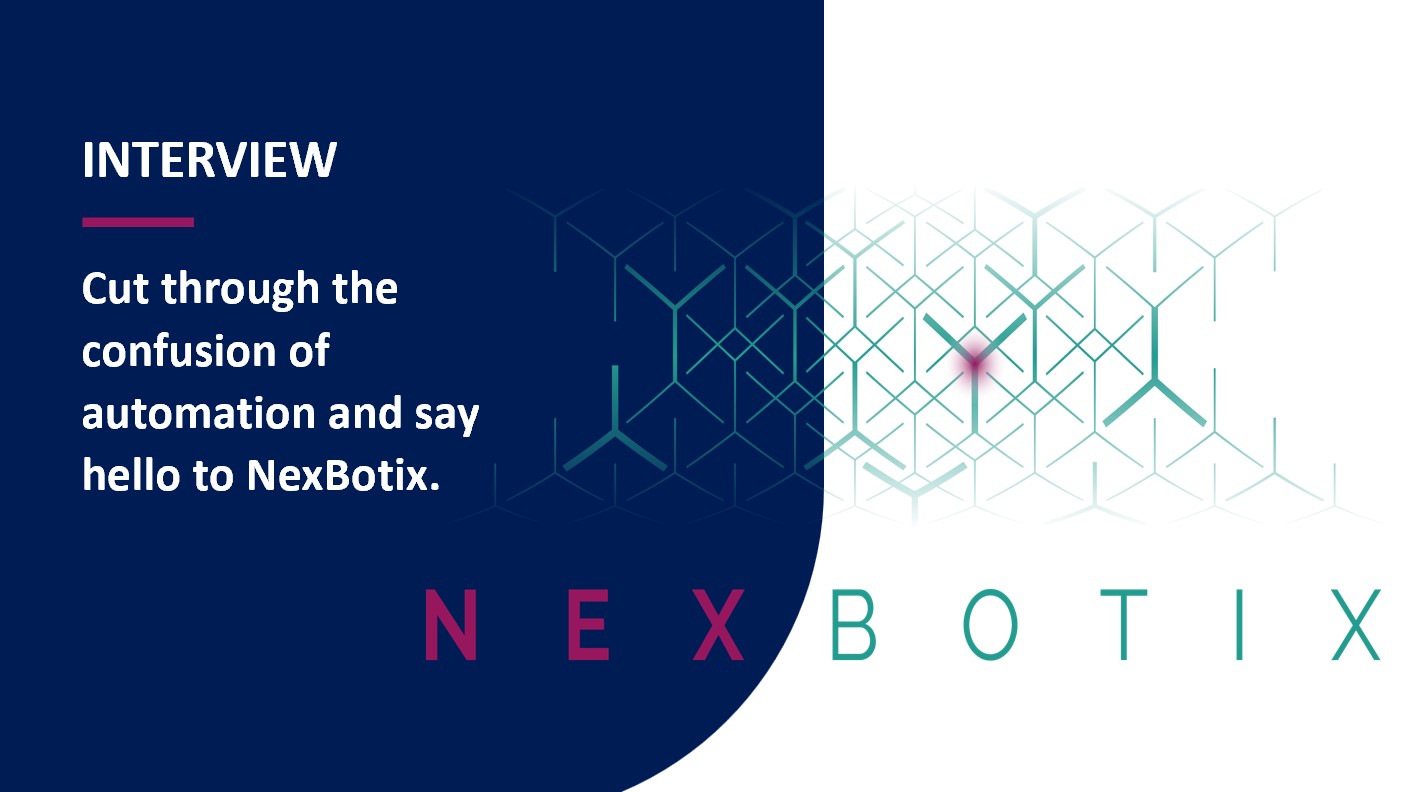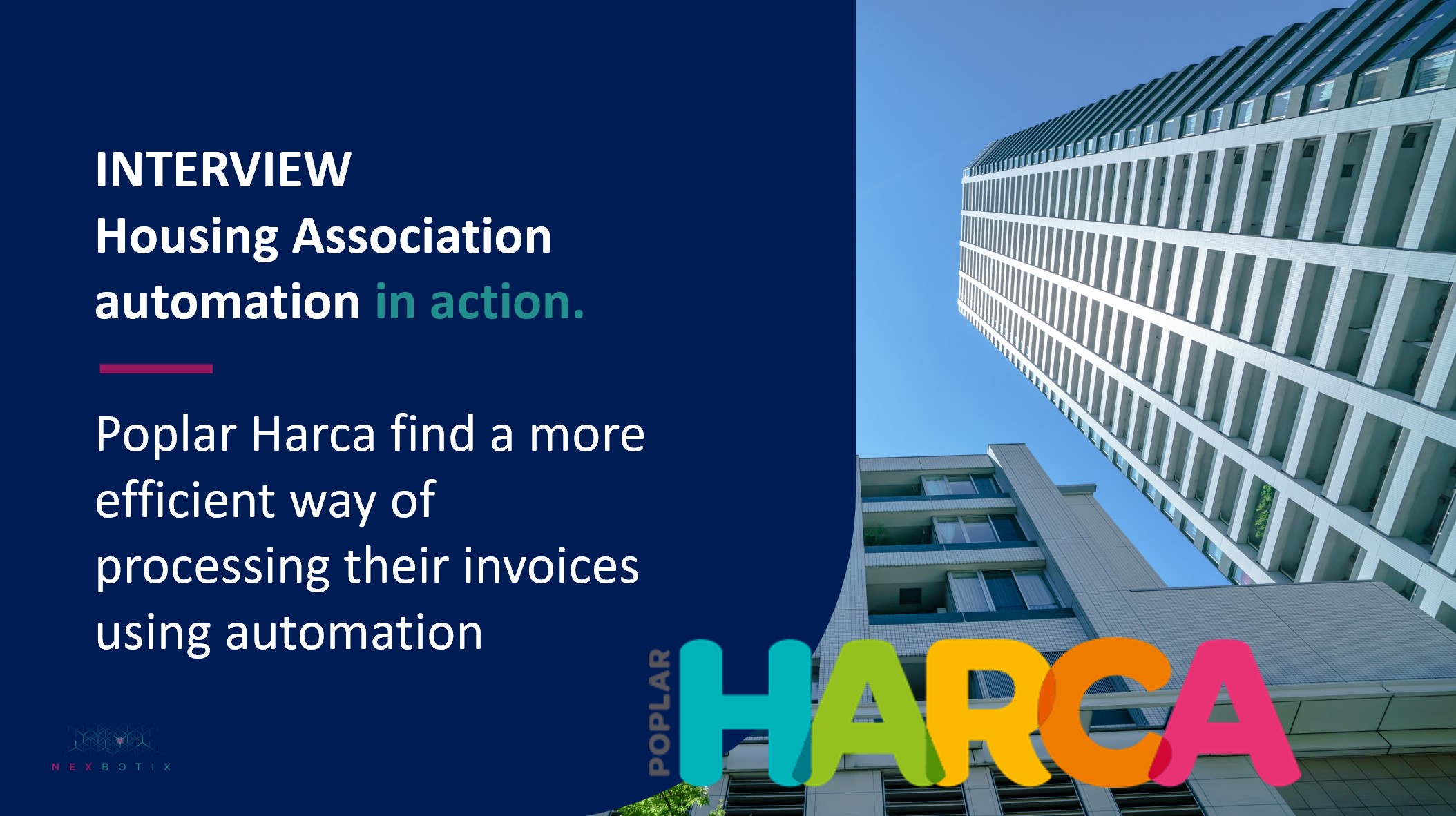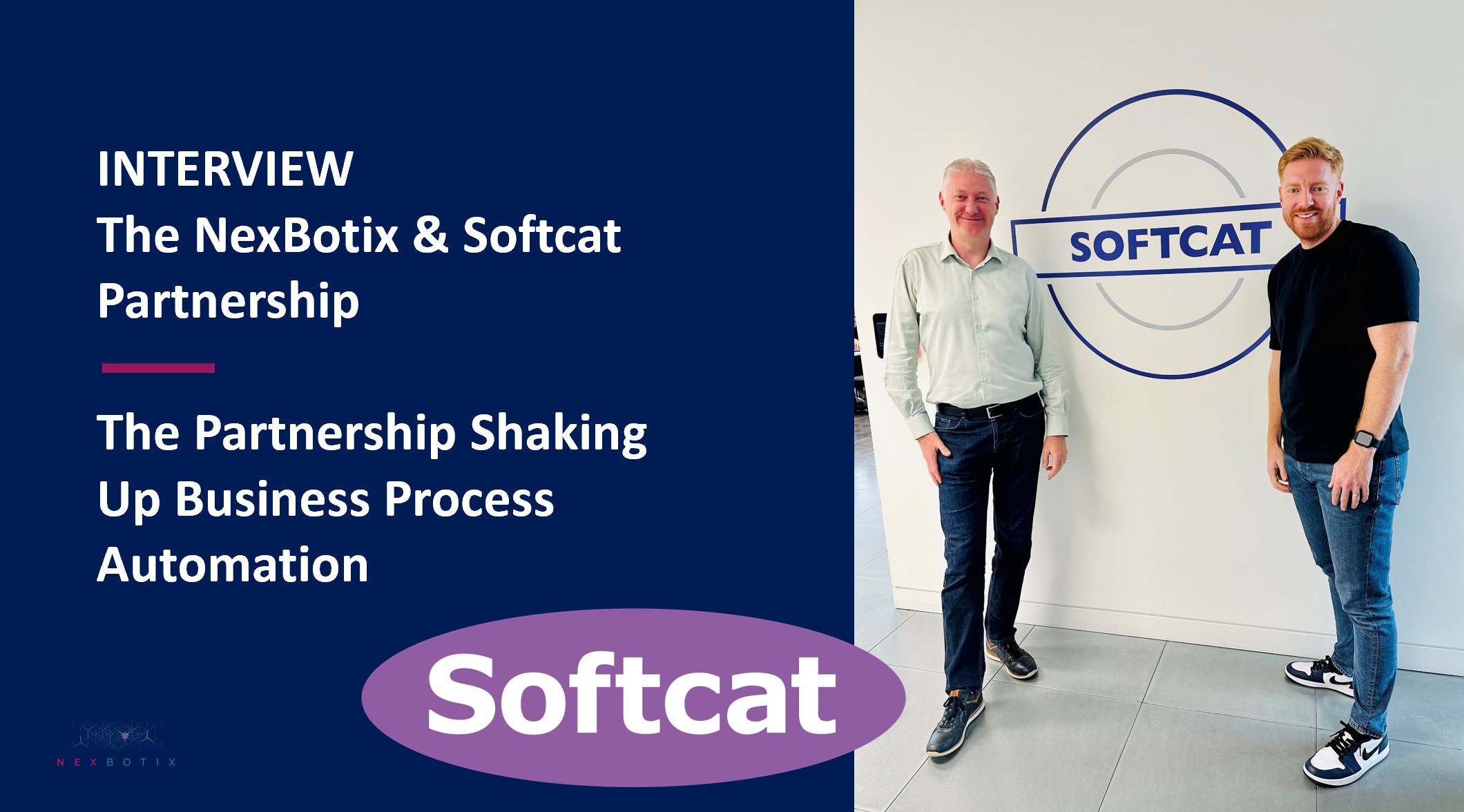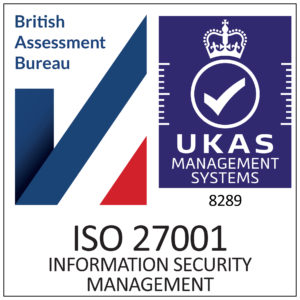It’s no surprise that businesses across the world are beginning to explore ways in which they need to adjust their operating model in light of Covid-19.
Furloughed employees, smaller, remote teams and new social distancing restrictions are proving to be difficult obstacles to overcome for organisations looking to ensure they are running close to business-as-usual. These smaller teams can feel disconnected and less engaged which in turn can mean that productivity levels are lower, with high error rates leading to overall low employee morale. Business leaders are facing the impossible tasks of solving these issues with the harsh reality of smaller budgets due to cost-saving initiatives across their business function. The new hybrid operating model where remote working simply becomes a new way of life for employees requires structural, cultural and technological improvements across all sectors. The insurance industry, a people-first sector which places huge emphasis on physical interactions and building relationships, now faces the unique challenge of modernising and adapting the way it operates and quickly.
The insurance industry has been quick to adopt RPA in comparison to other industries, clearly understanding the value it can deliver across a variety of processes within the vertical. Since the rapid increase in remote working throughout 2020, it’s clear that Robotic Process Automation has a much bigger part to play in shaping future job functions and enabling businesses within the insurance sector to restructure. In March this year, EY reported that 41% of bosses in 45 countries were investing in accelerating automation as they prepare for a post-coronavirus world. It’s also clear that the Insurance sector has strong use cases for some of the AI enabled technologies, such as Optical Character Recognition for document processing and Machine Learning algorithms to enhance cognitive analysis. Deploying RPA at this moment in time can support your organisation while it makes the transition to the new hybrid model, driving cultural benefits such as empowering employees to focus on high value areas like leadership, creative thinking and complex problem solving or similarly improving specific operational functions such as employee training, onboarding and overall engagement when working from home. By harnessing this specific technology, businesses can reduce the risk of critical processes not being performed by a remote or smaller workforce whilst performing business processes that require secure access which has historically been problematic to perform remotely. Using RPA to relieve some of these pressures, could be transformational during this transitional phase.
As many forward-thinking organisations within the London Market have deployed a more traditional form of RPA, it’s important that business leaders are seeking ways to maximise the impact this investment is having at this critical time of restructuring. With a lack of analytics and data, performance diagnostics and often no ROI modelling in place, it can feel challenging to assess how effective your RPA deployment has been at a time when you’d like to scale up your automation efforts. The idea of long, arduous and complex implementation periods to increase your use of RPA software could be off-putting, even though automation could provide significant support to your full-time employees as they adapt to the shift in motion.
The insurance sector will be experiencing a shift in focus in response to operational, economic and societal challenges presented by the Covid-19 pandemic, scaling back on some activities and driving progress and positive changes in other ways. Businesses will look to create more efficient ways of doing business to ensure that improved outcomes are achieved both for the business and its customers. Automation has been regarded as a driver of business change long before the Covid-19 pandemic, however it is fast becoming an imperative with revised urgency to minimise business risk and enhance resilience. Through the application of automation and cognitive technologies, such as NexBotix’s existing portfolio of RPA technologies, the insurance sector can drive significant efficiencies during this digital transformation. Now, as we move towards a trend of the remote workforce there is an urgent need for more creative and productive ways of working; this is likely to persist after the pandemic as there is a greater acceptance of flexible working arrangements.
We believe that the future of work, including the success of the new hybrid operating model most businesses are pursuing, relies on the harmonious collaboration between human-employees and robots executing business critical tasks unphased by the pressures of remote working, disparate teams or security restrictions. Utilising the range of benefits RPA delivers, as well as investing in upskilling and training, your full-time employees will increase efficiencies, save time and ultimately, money as we all navigate this new way of working. Businesses who invest in both their automation capabilities and their human employees, will thrive rather than just survive in a post-Covid 19 world.
NexBotix – making people brilliant.








